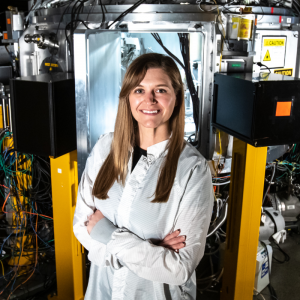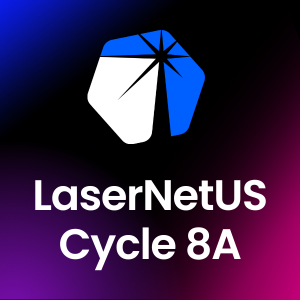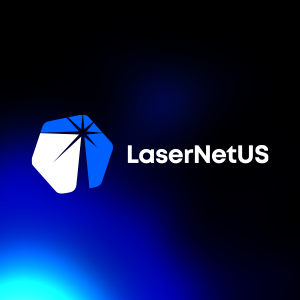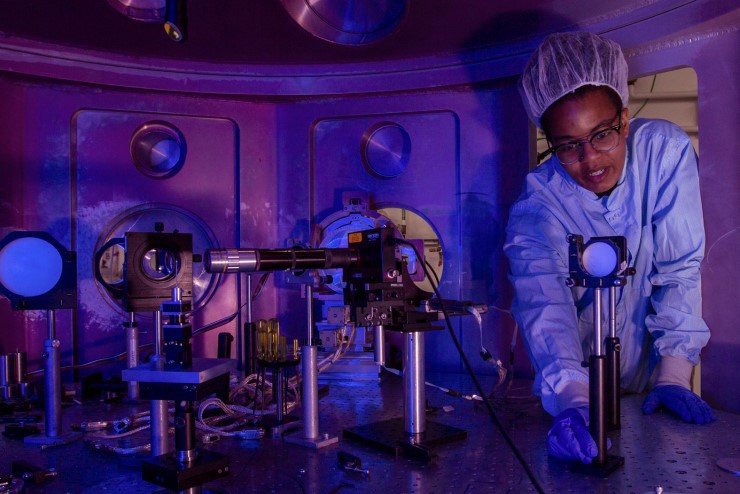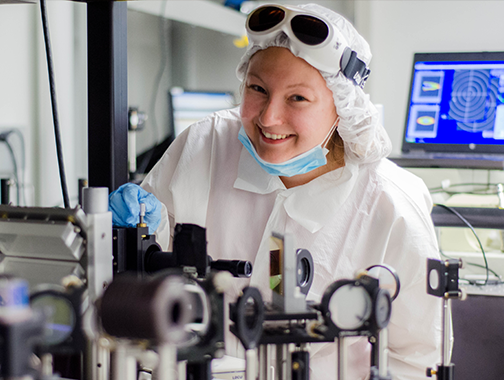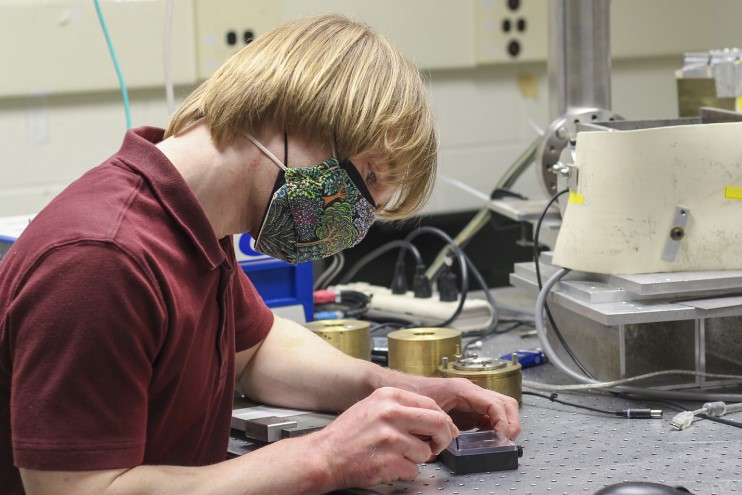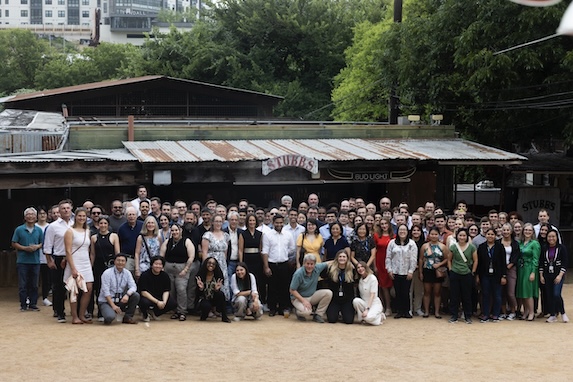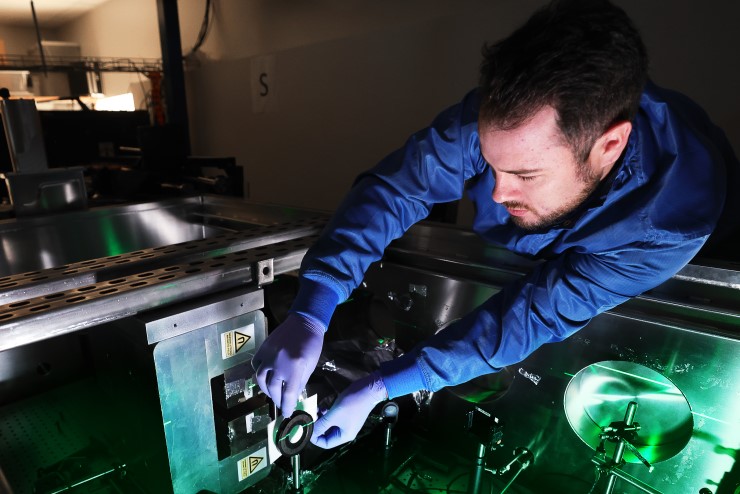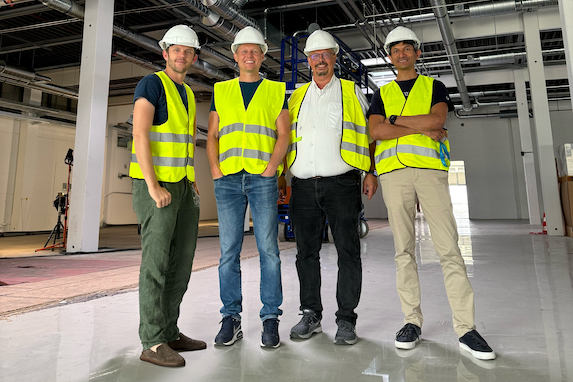Creating
a Brighter World
Together
Become a user
About LaserNetUS
Supported by DOE Fusion Energy Sciences, LaserNetUS unites high-power laser facilities with complementary capabilities to turn bold ideas into breakthrough experiments. Our mission is to:
• Advance the frontiers of laser-plasma science and technology • Provide clear pathways for students and scientists to participate, learn, and lead • Catalyze collaboration across institutions and sectors


11
facilities
1672
users
170+
experiments performed
75
publications
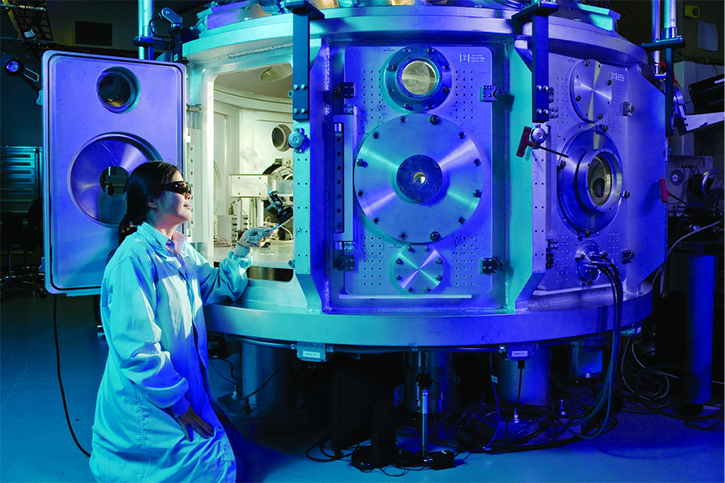
Apply for Beamtime
Submit your proposal to LaserNetUS for the opportunity to conduct your research at our state-of-the-art high-power laser facilities.
Next Deadline: January 20, 2026 by 4 PM PT
Facilities
Meet our Facilities
Explore LaserNetUS’s coast-to-coast network of high-power laser and supporting facilities at leading universities and national laboratories.























Colorado State University
Advanced Beam Laboratory
Institut National de la Recherche Scientifique (INRS)
Advanced Laser Light Source (ALLS)
Lawrence Berkeley National Laboratory
Berkeley Lab Laser Accelerator (BELLA) Center
University of Central Florida
Institute for the Frontier of Attosecond Science and Technology (iFAST)
Lawrence Livermore National Laboratory
Jupiter Laser Facility
University of Maryland
Laboratory for Intense Laser-Matter Interaction Physics
University of Rochester
Laboratory for Laser Energetics: OMEGA EP
SLAC National Accelerator Laboratory
Matter in Extreme Conditions (MEC)
University of Michigan
Michigan Target Research and Fabrication (MiTRF)
University of California, LA
Phoenix Laser Laboratory
Ohio State University
Scarlet Laser Facility
Mission
Making an impact
LaserNetUS unites the nation’s high‑power laser facilities to provide user access, train the workforce, and accelerate breakthroughs in future energy systems, semiconductor innovation, advanced manufacturing, medical technologies, and national security.
News, Events & Publications
Stay in the Know
Members & Partners
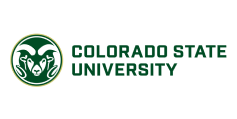
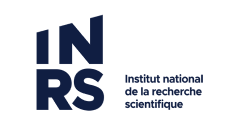
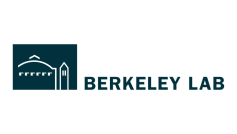
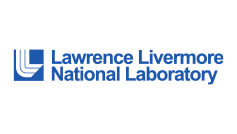
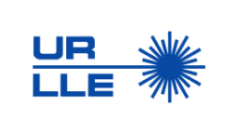
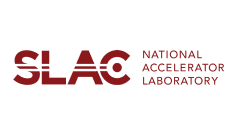

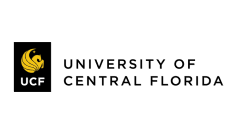
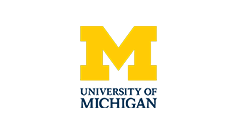

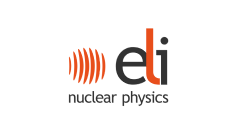
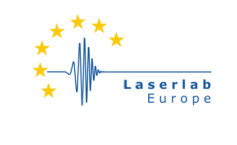
Join LaserNetUS
World Changers Wanted
Become a member of the LaserNetUS network — and be at the forefront of scientific discovery
Join US